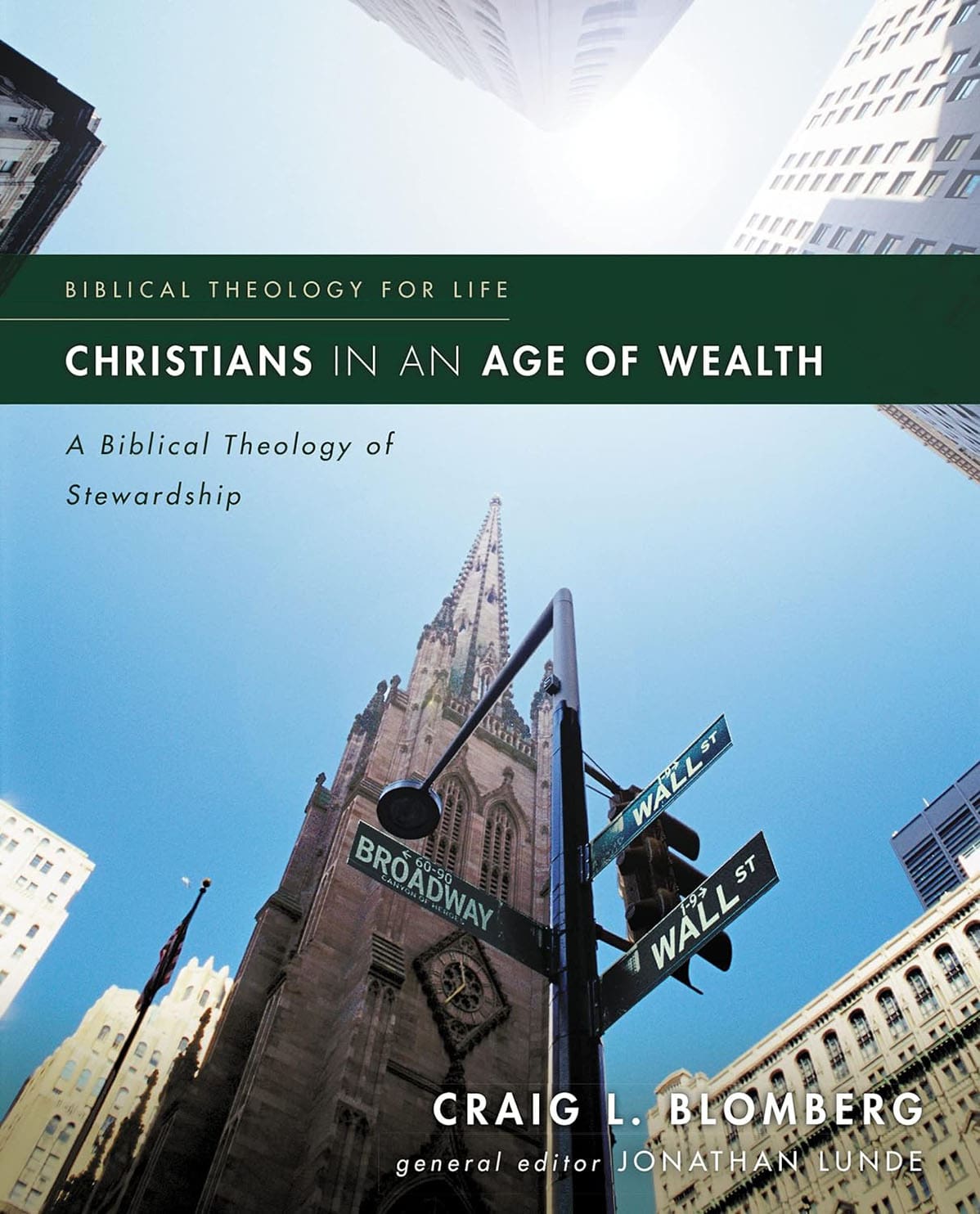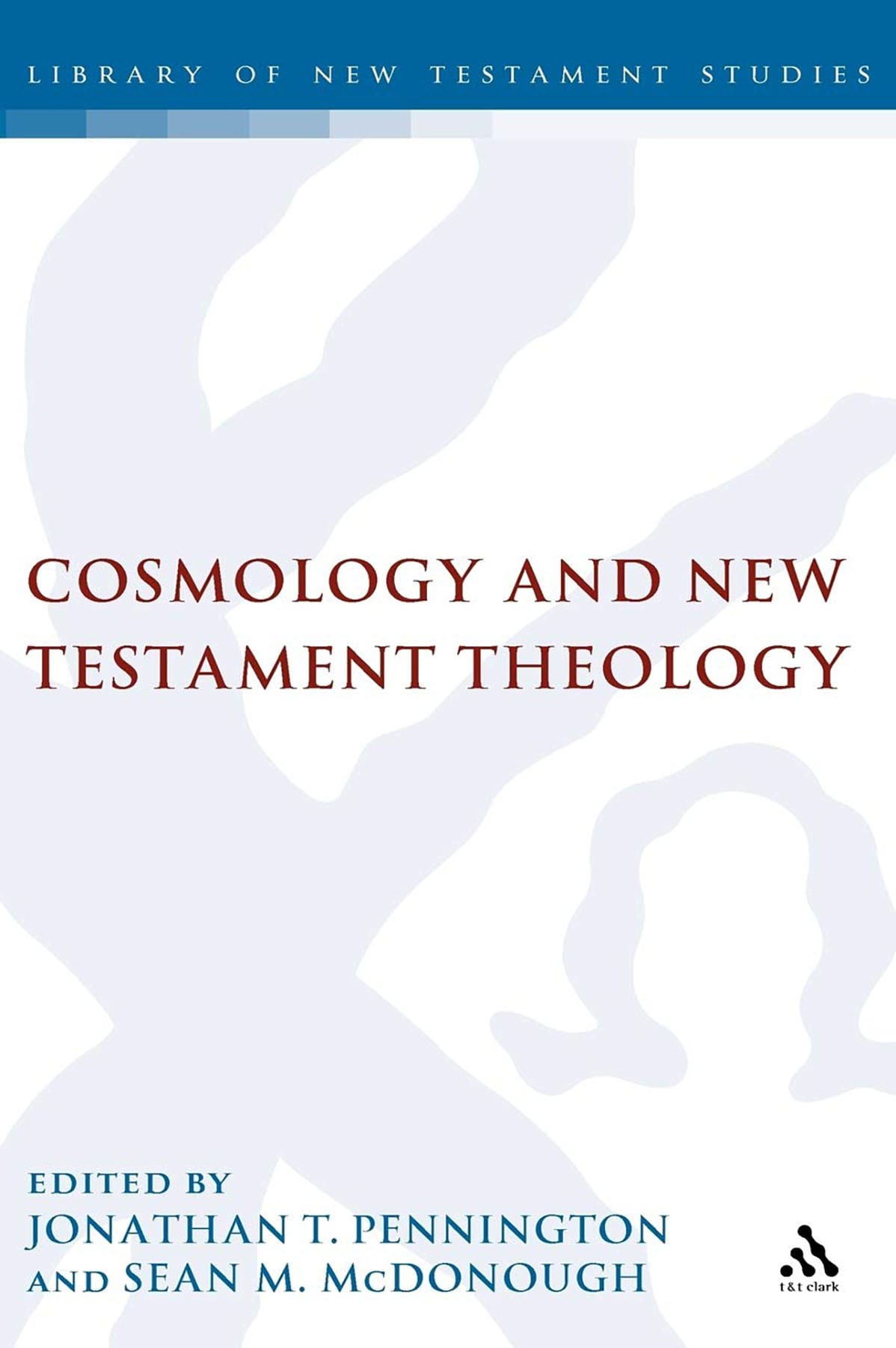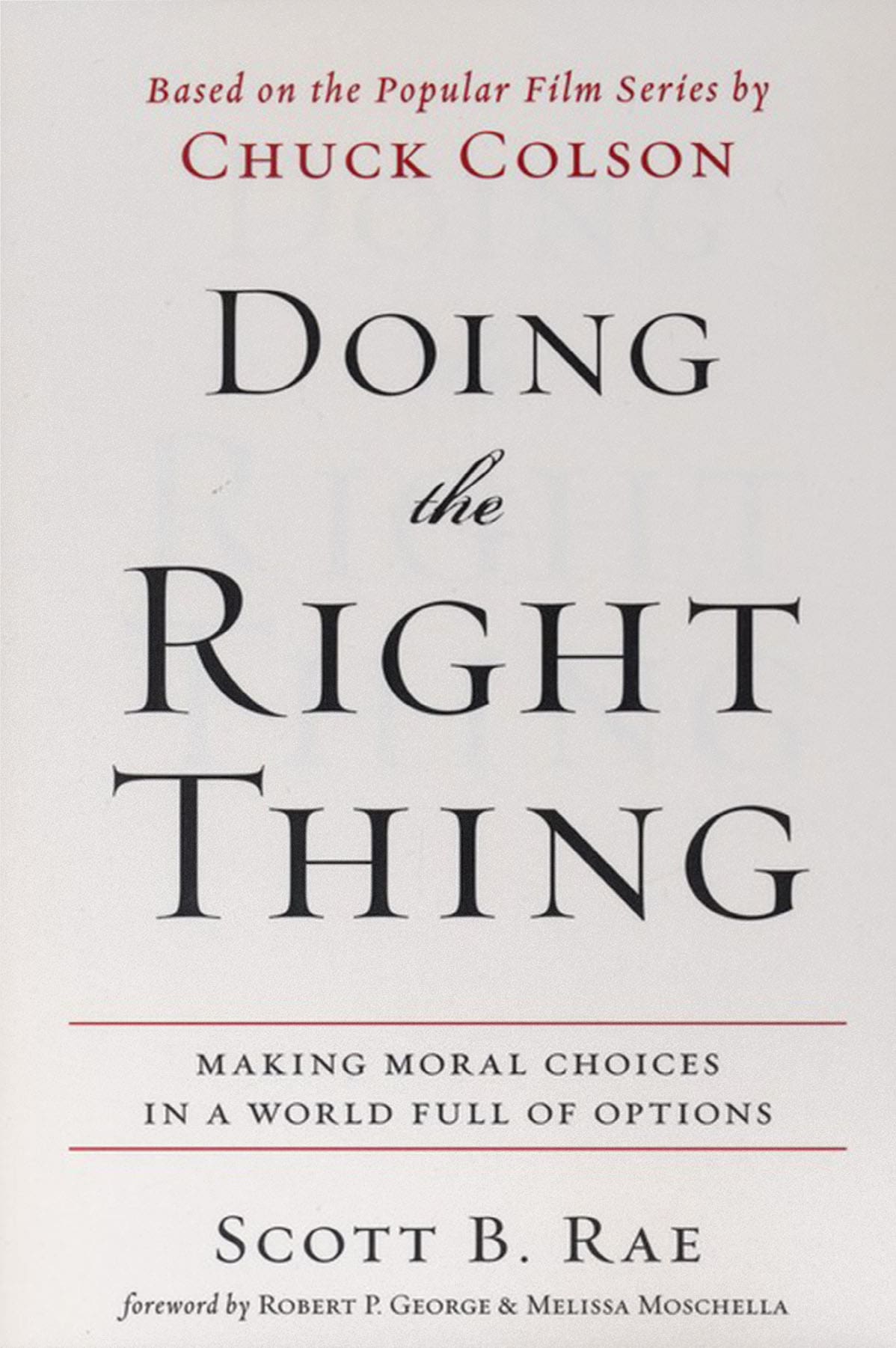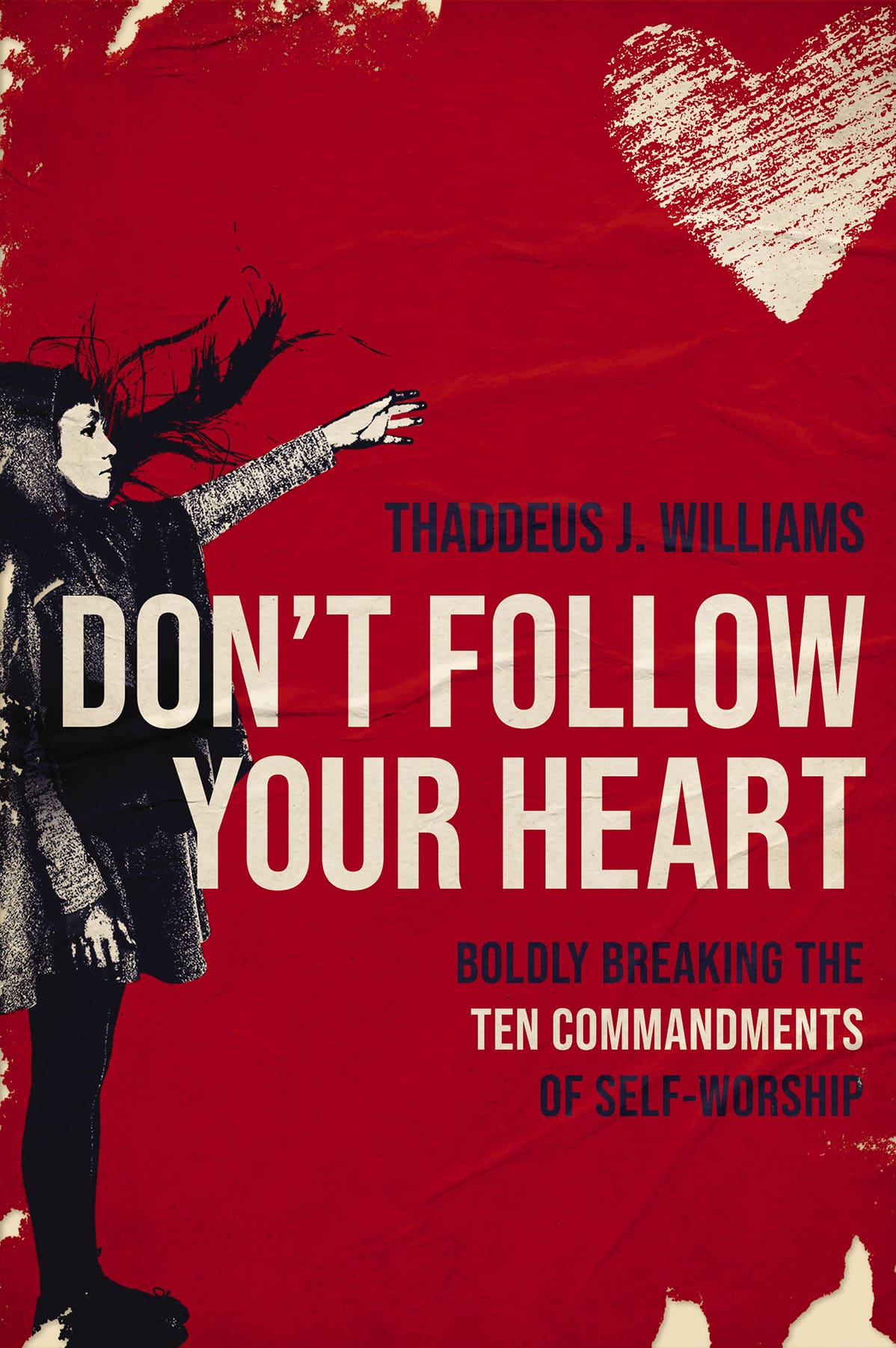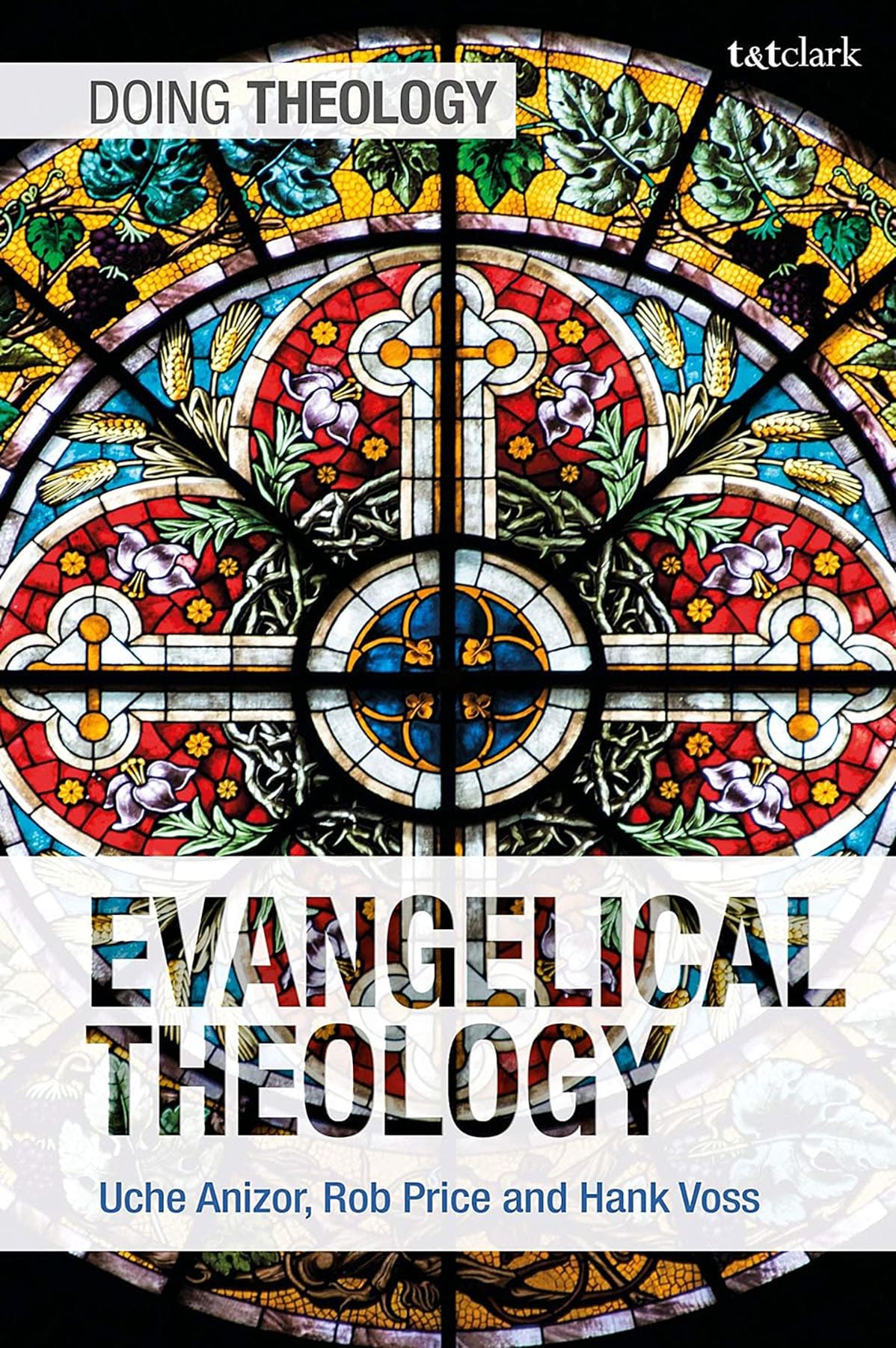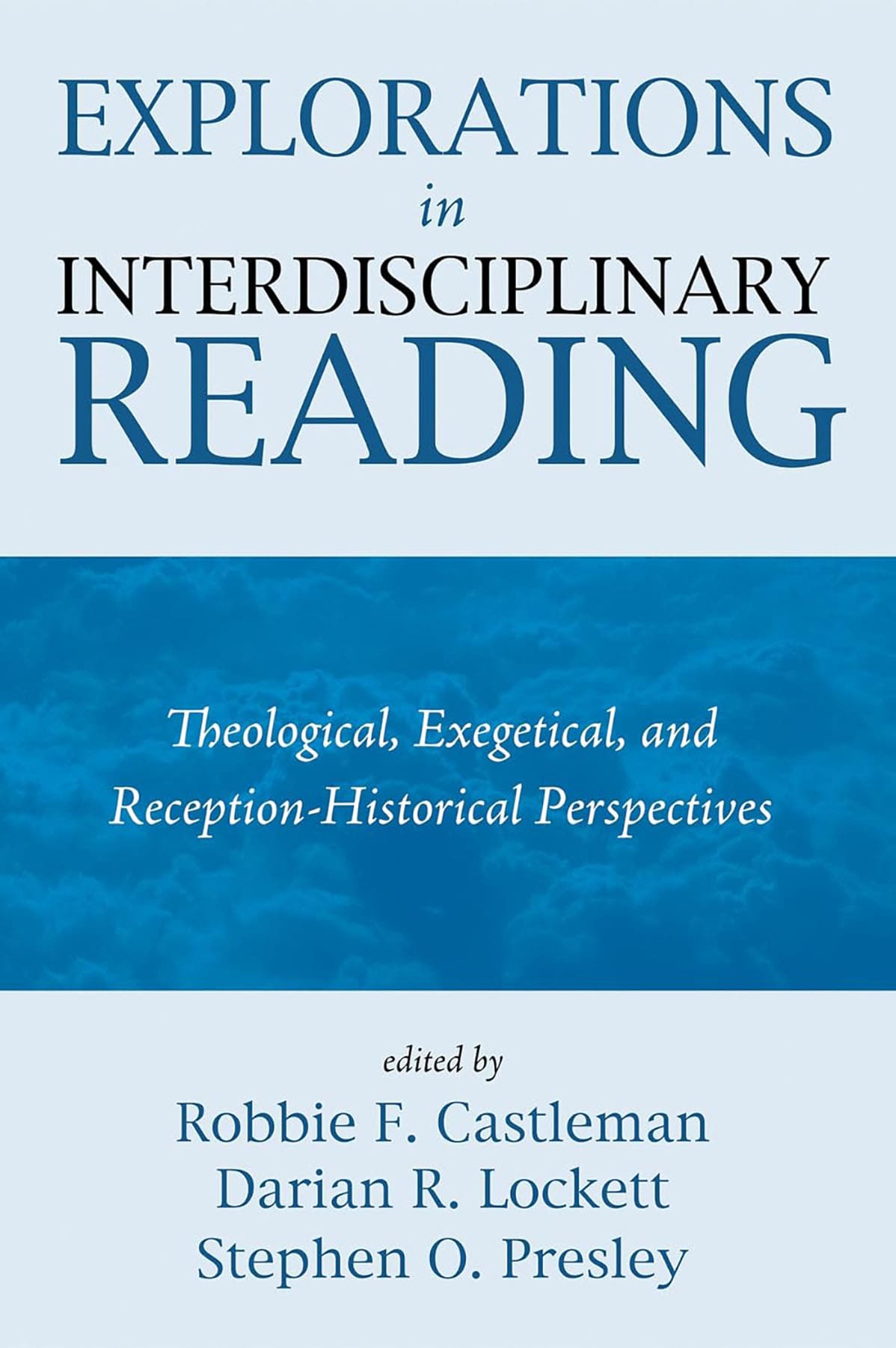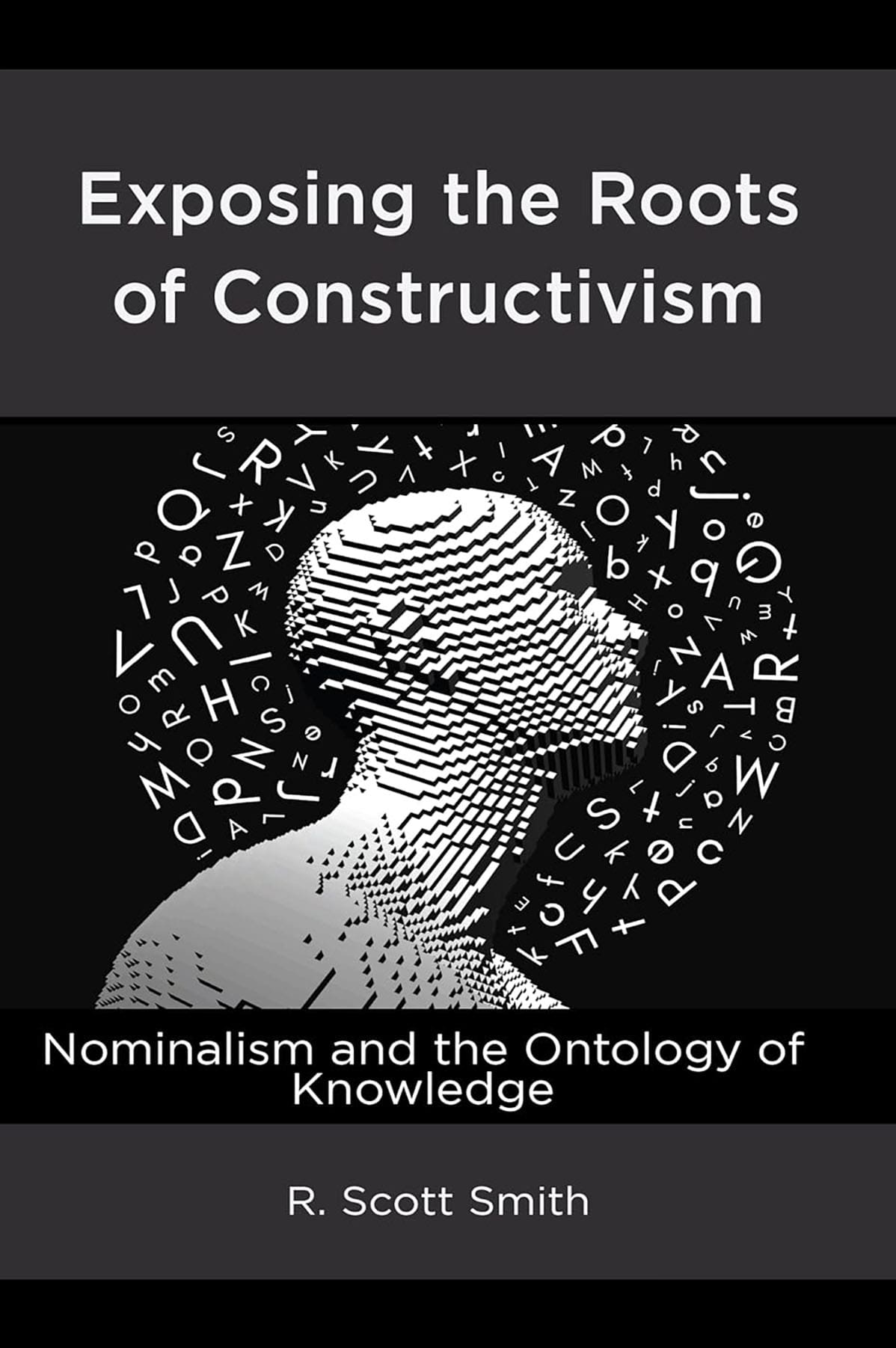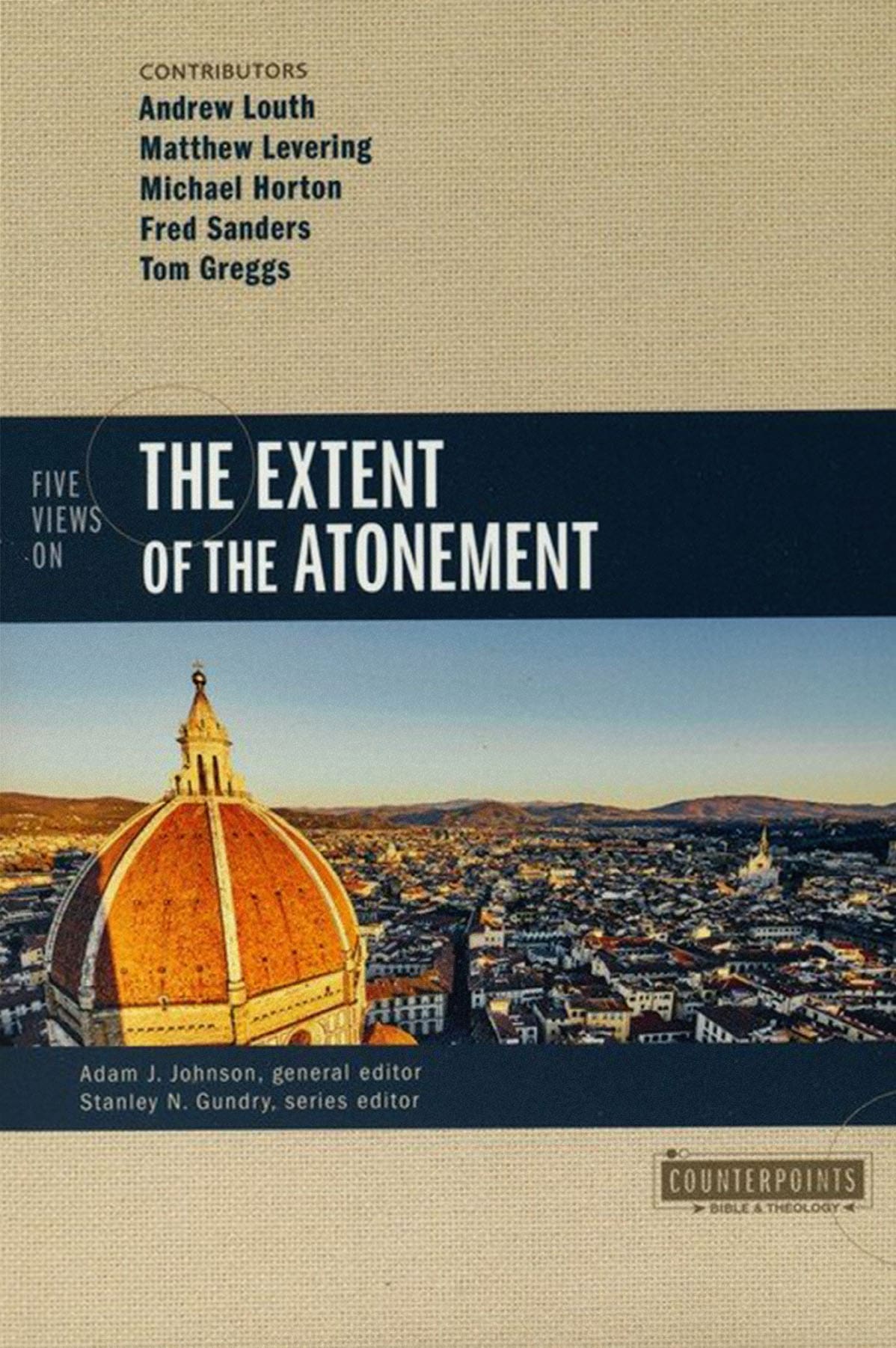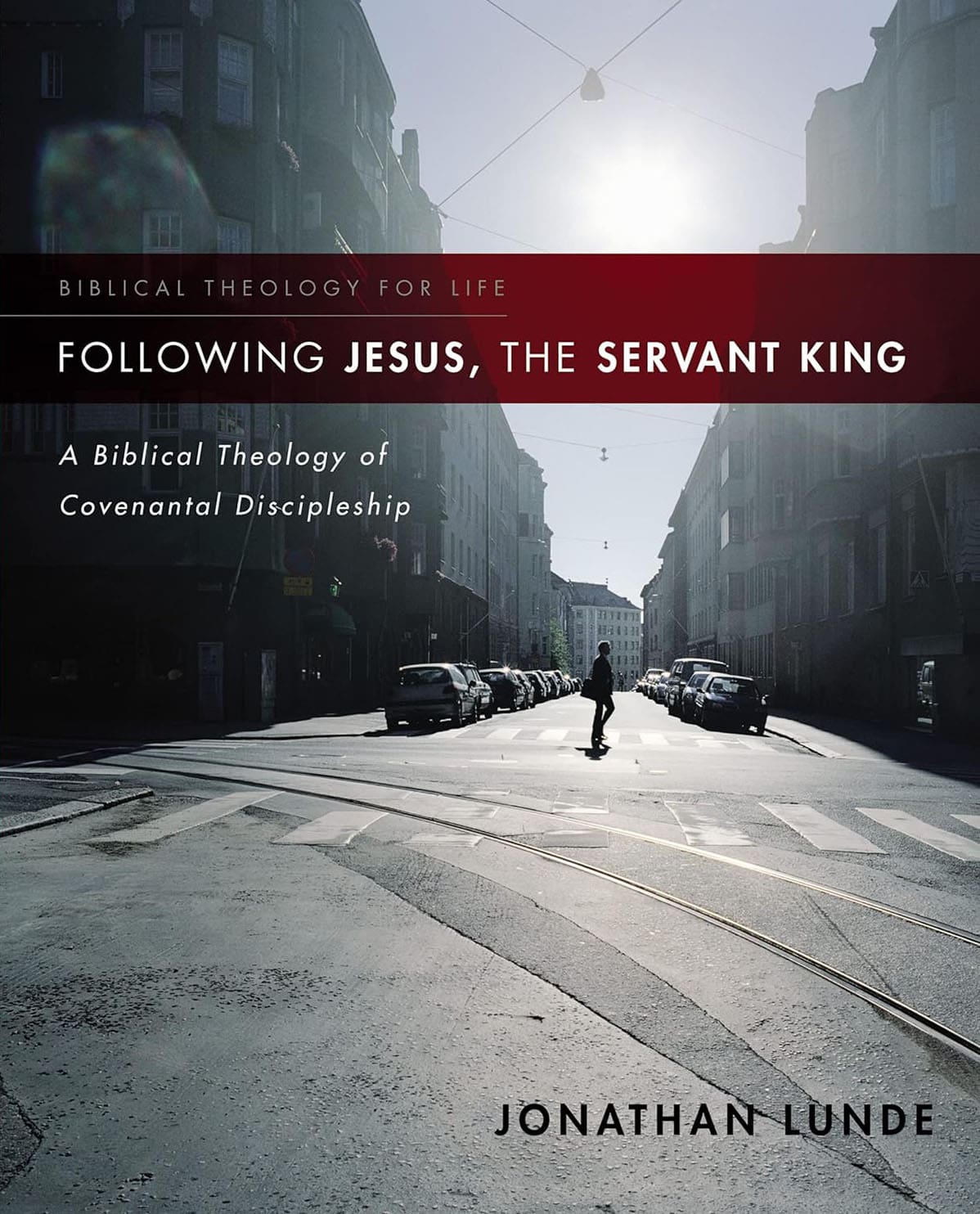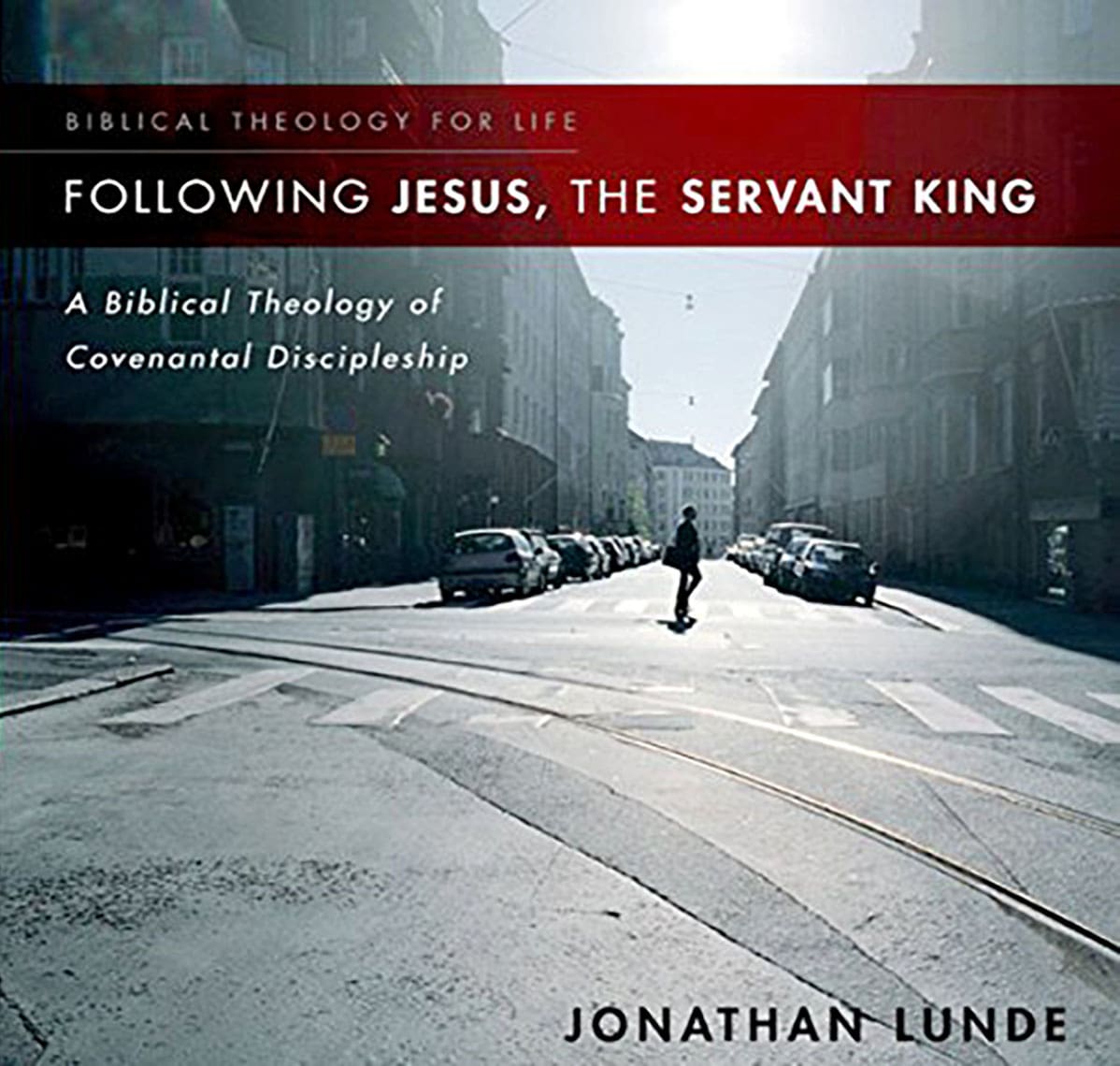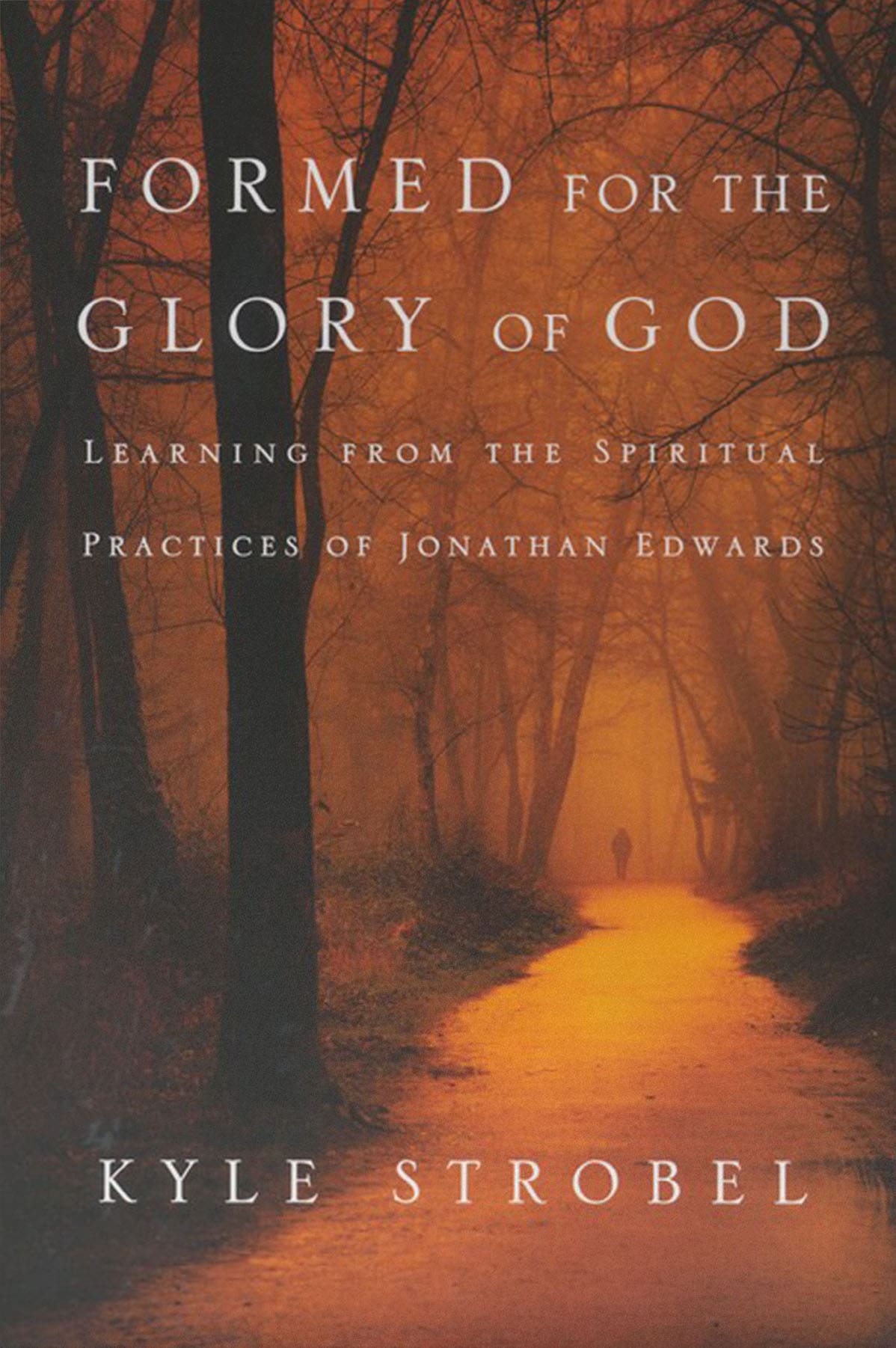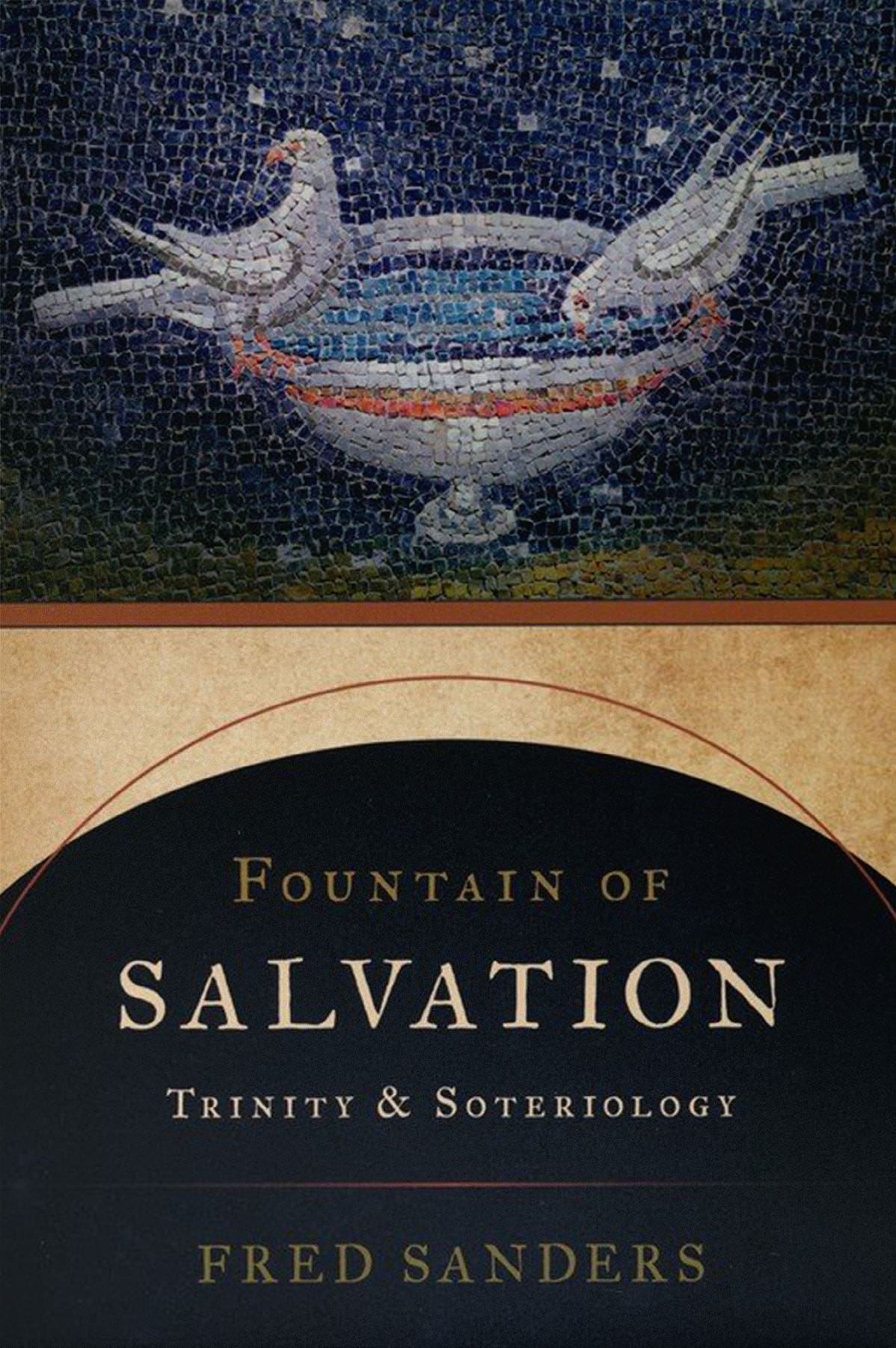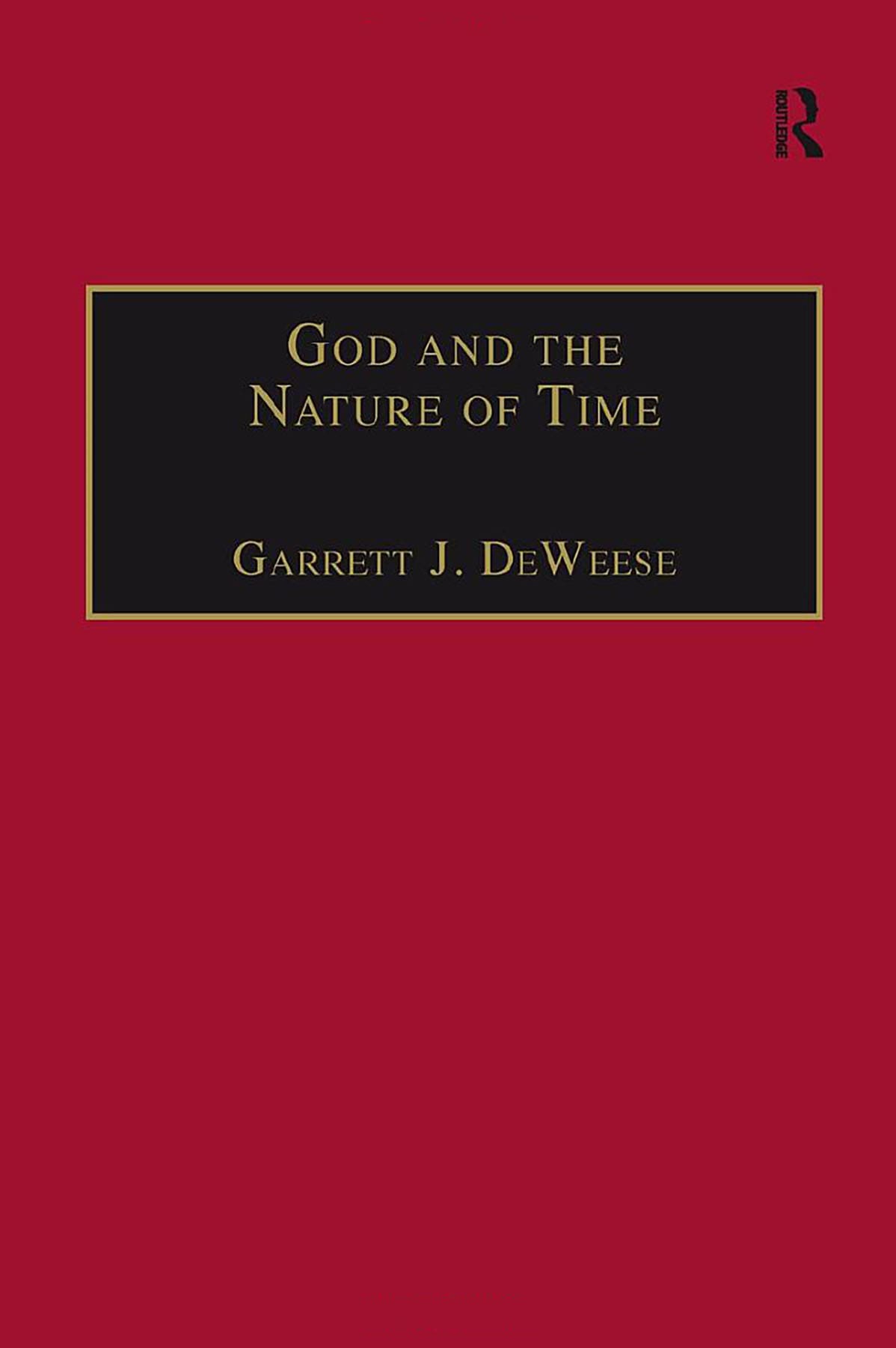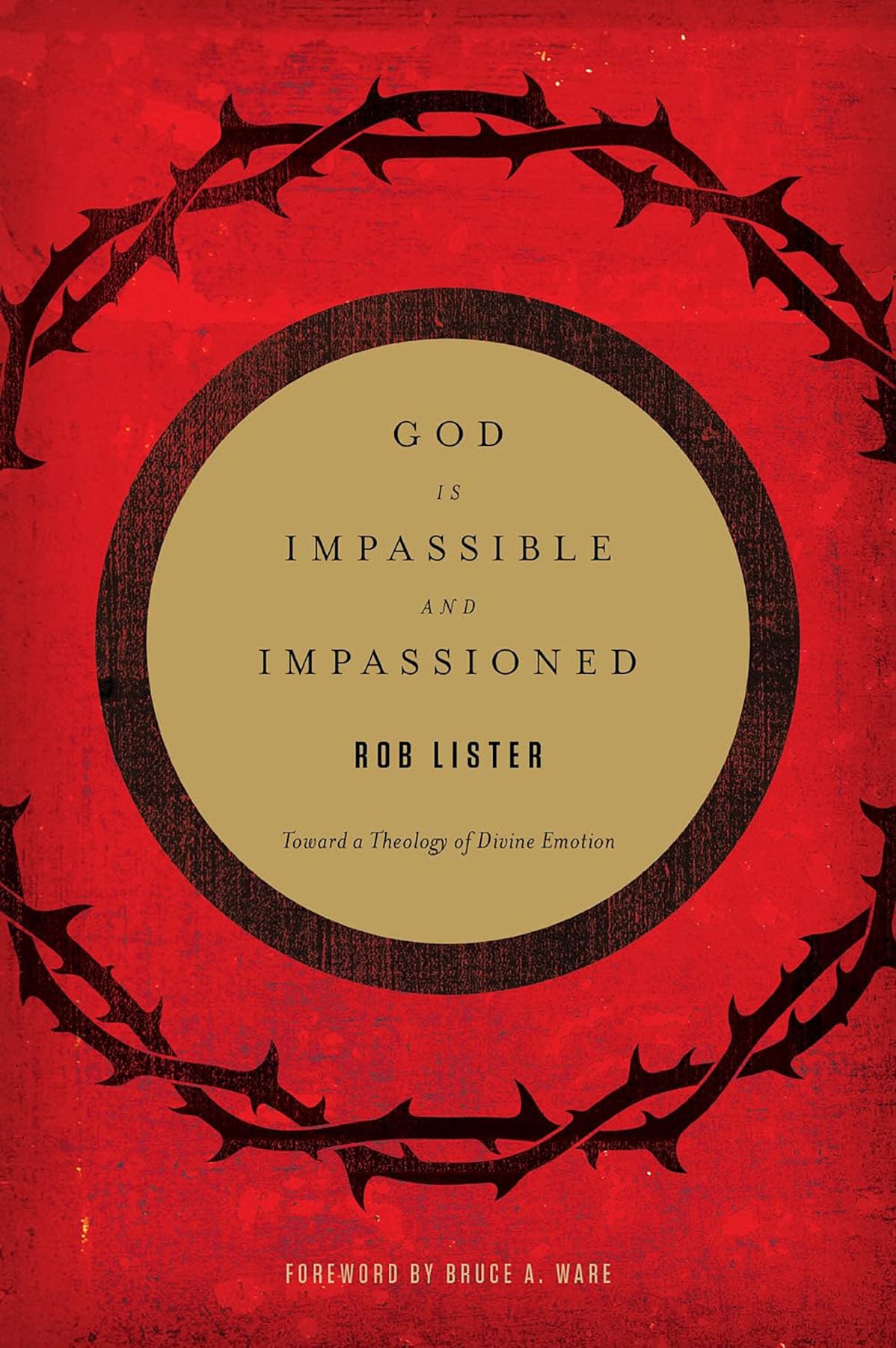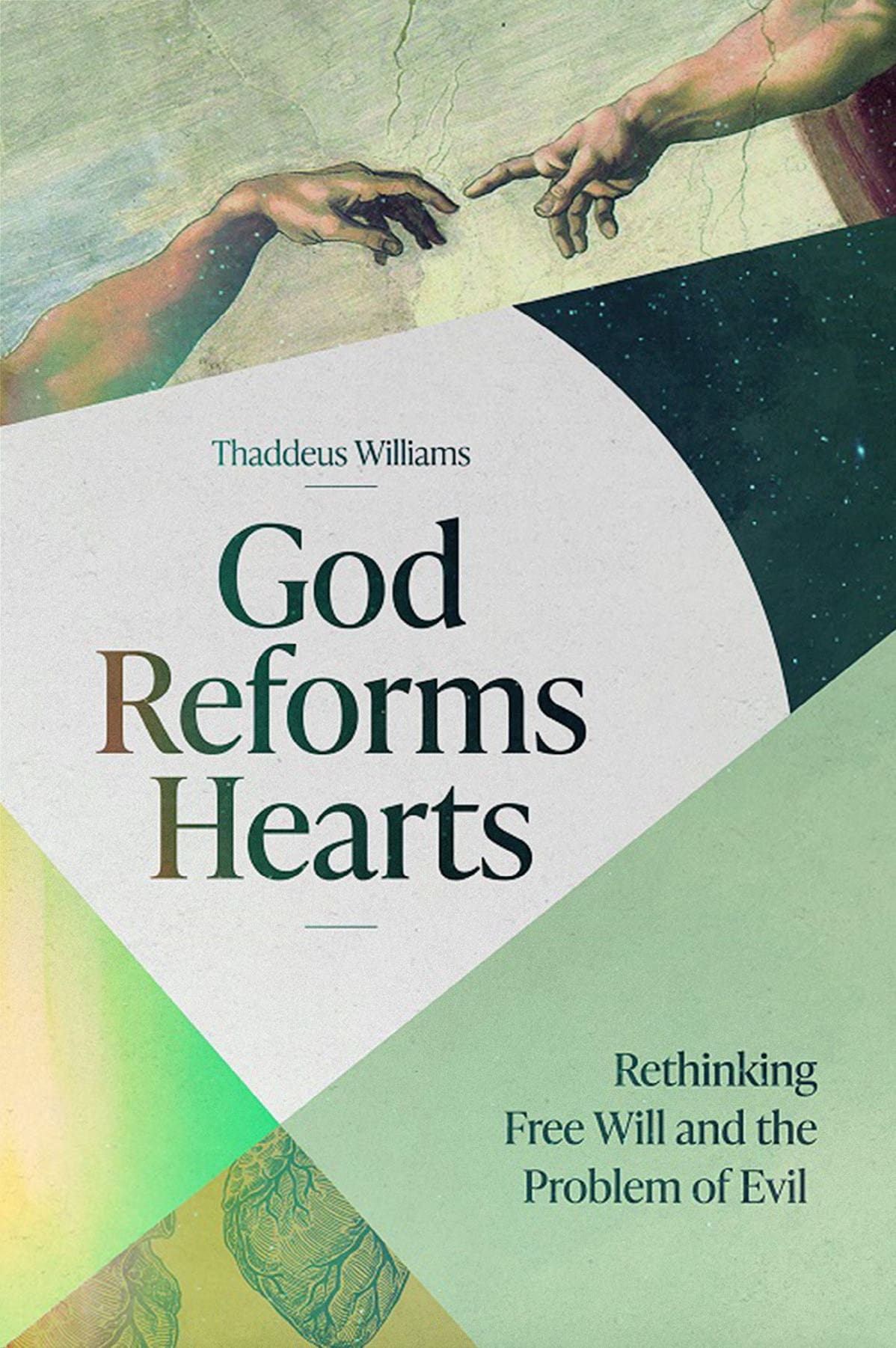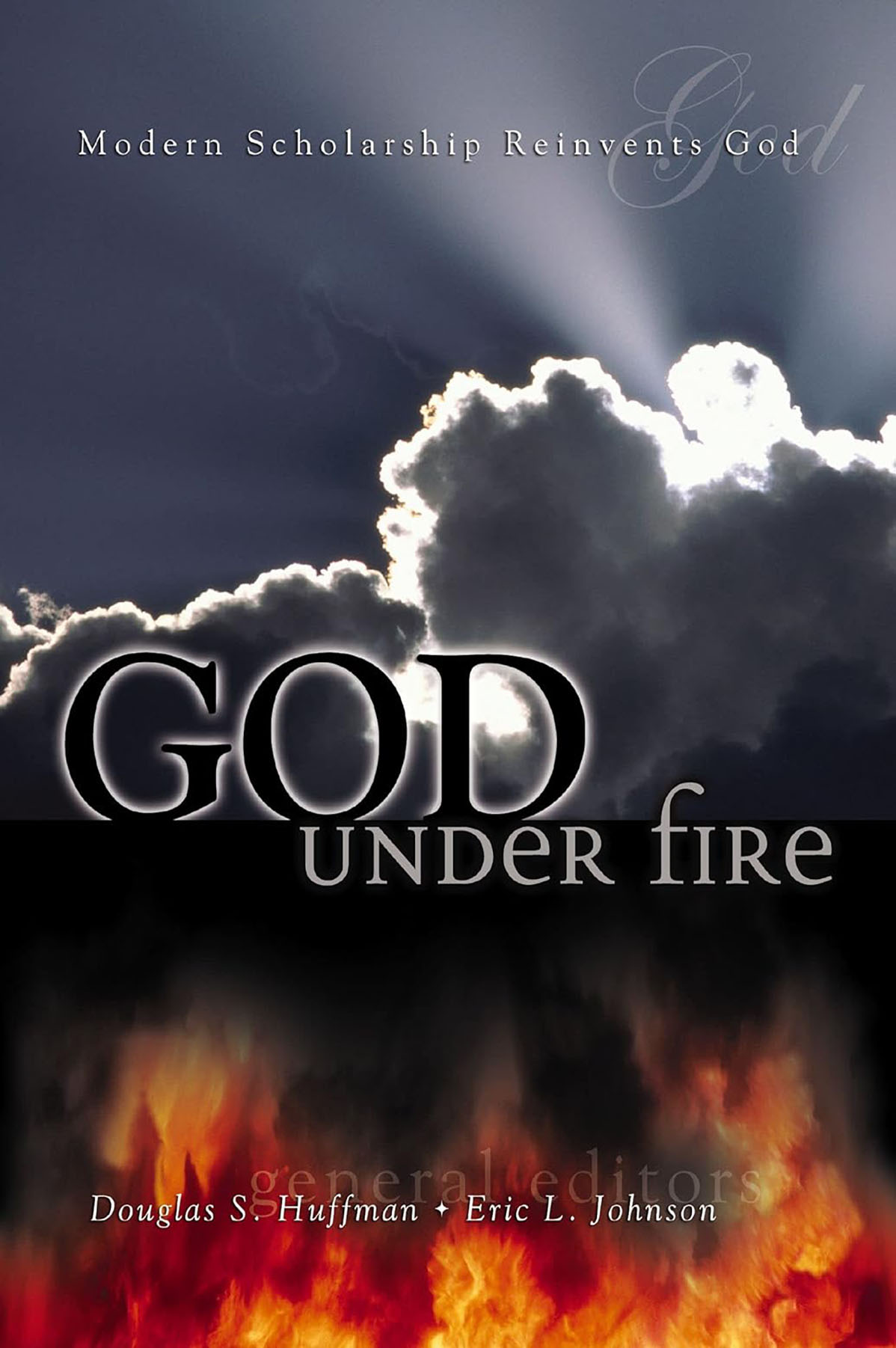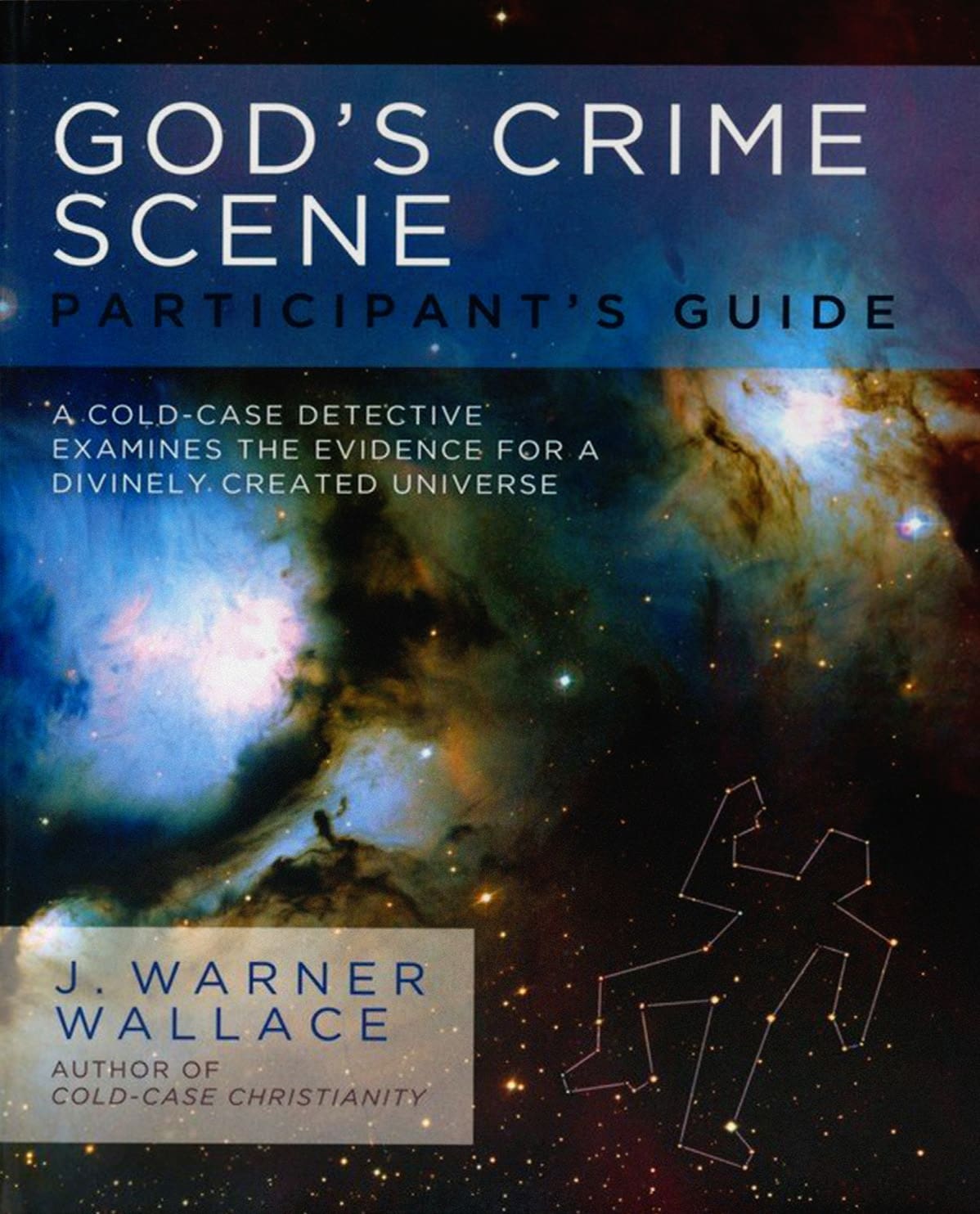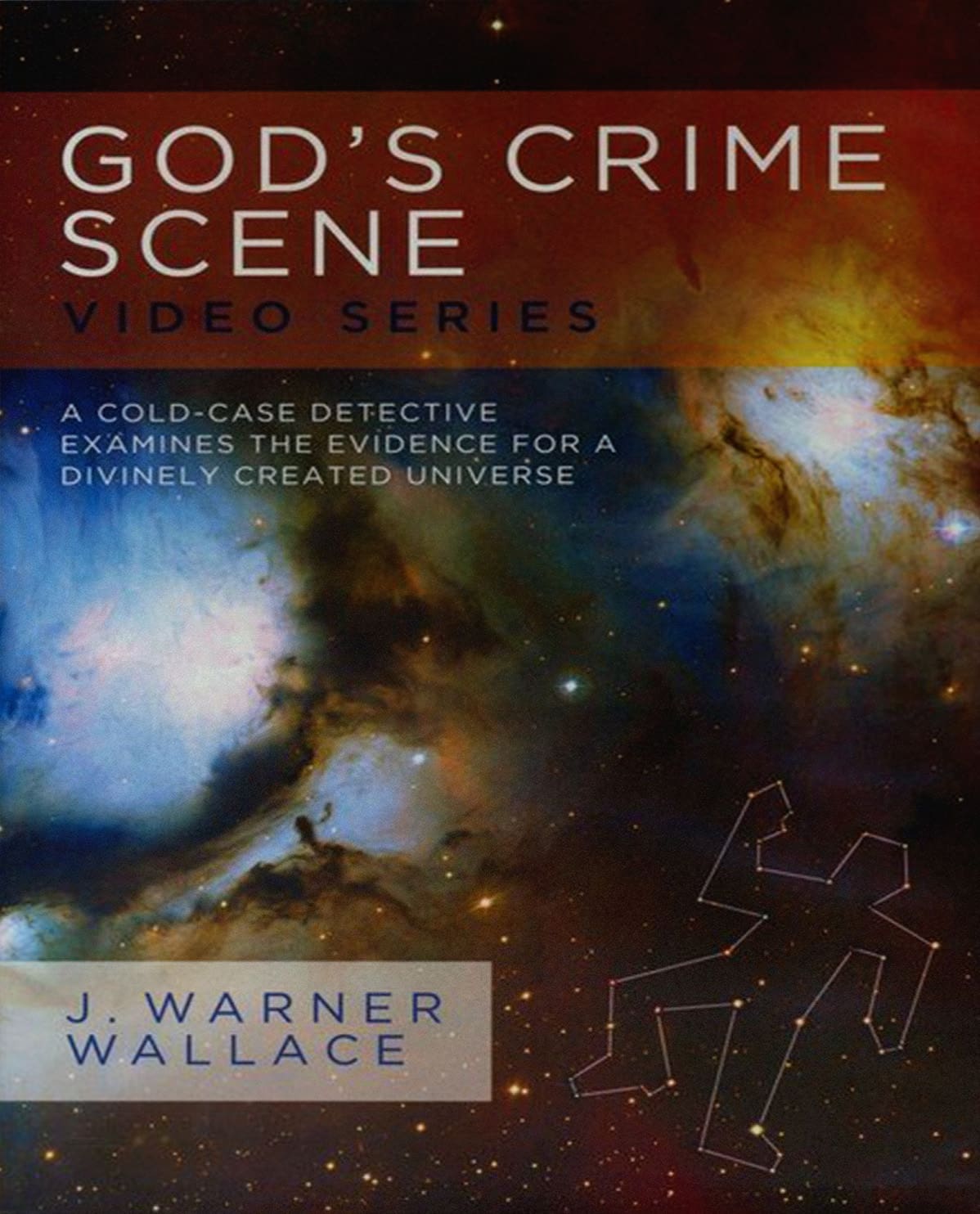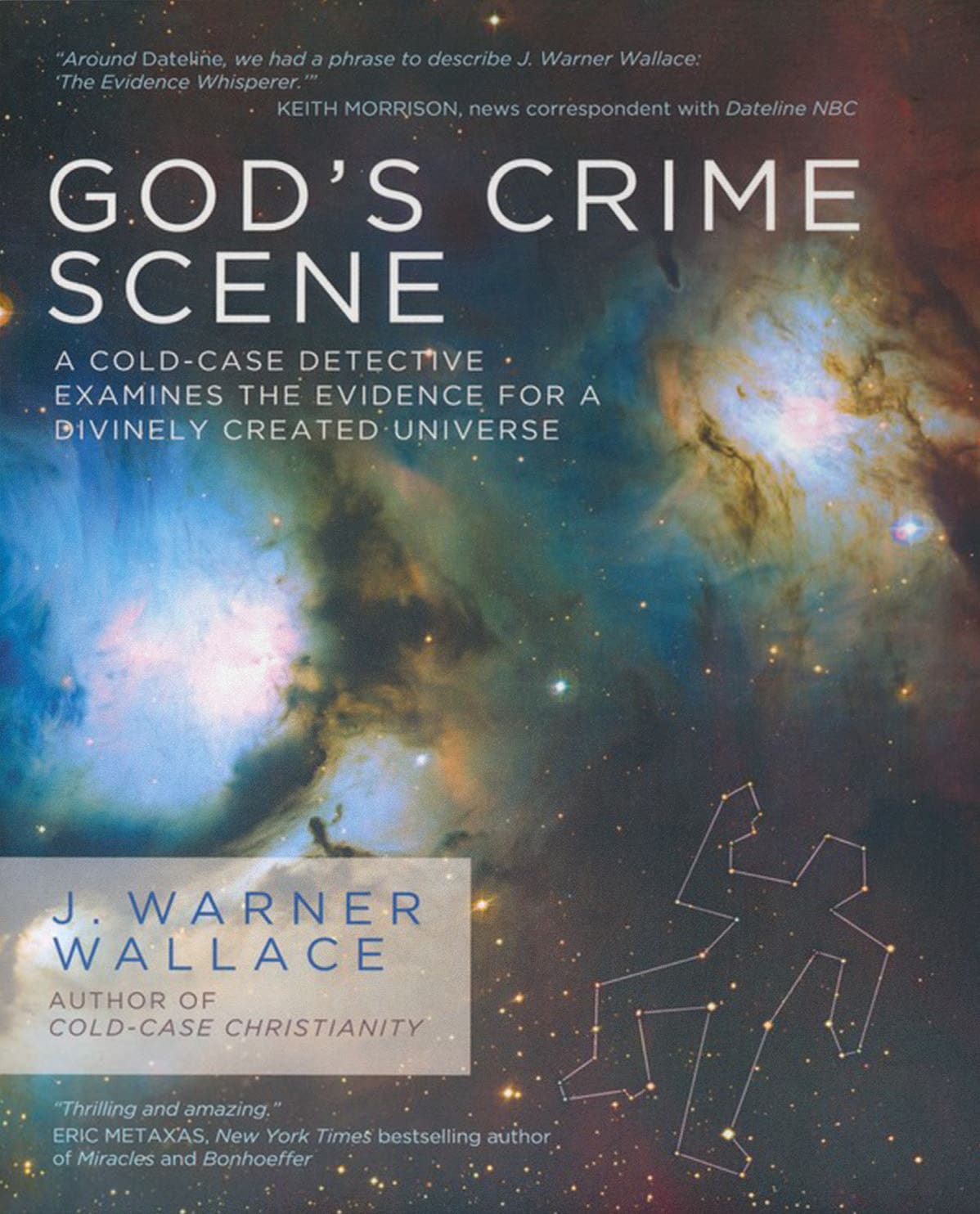Christians in an Age of Wealth: A Biblical Theology of Stewardship
In Christians in an Age of Wealth, Craig Blomberg addresses tough questions about the place and purpose of wealth and material possessions in a Christian’s life. He points to the goodness of wealth, as God originally designed it, but also surveys the Bible’s many warnings against making an idol out of money. Taking a close exegetical look at this topic as it’s discussed in Scripture, Blomberg answers the toughest questions about Christianity and wealth. Blomberg expounds upon how the sharing of goods and possessions is the key safeguard against both greed and covetousness. He expands on the concept of giving generously, even sacrificially, to those who are needier, demonstrating how Christians can participate in God’s original good design for abundance and demonstrate the world-altering gospel of Christ.

